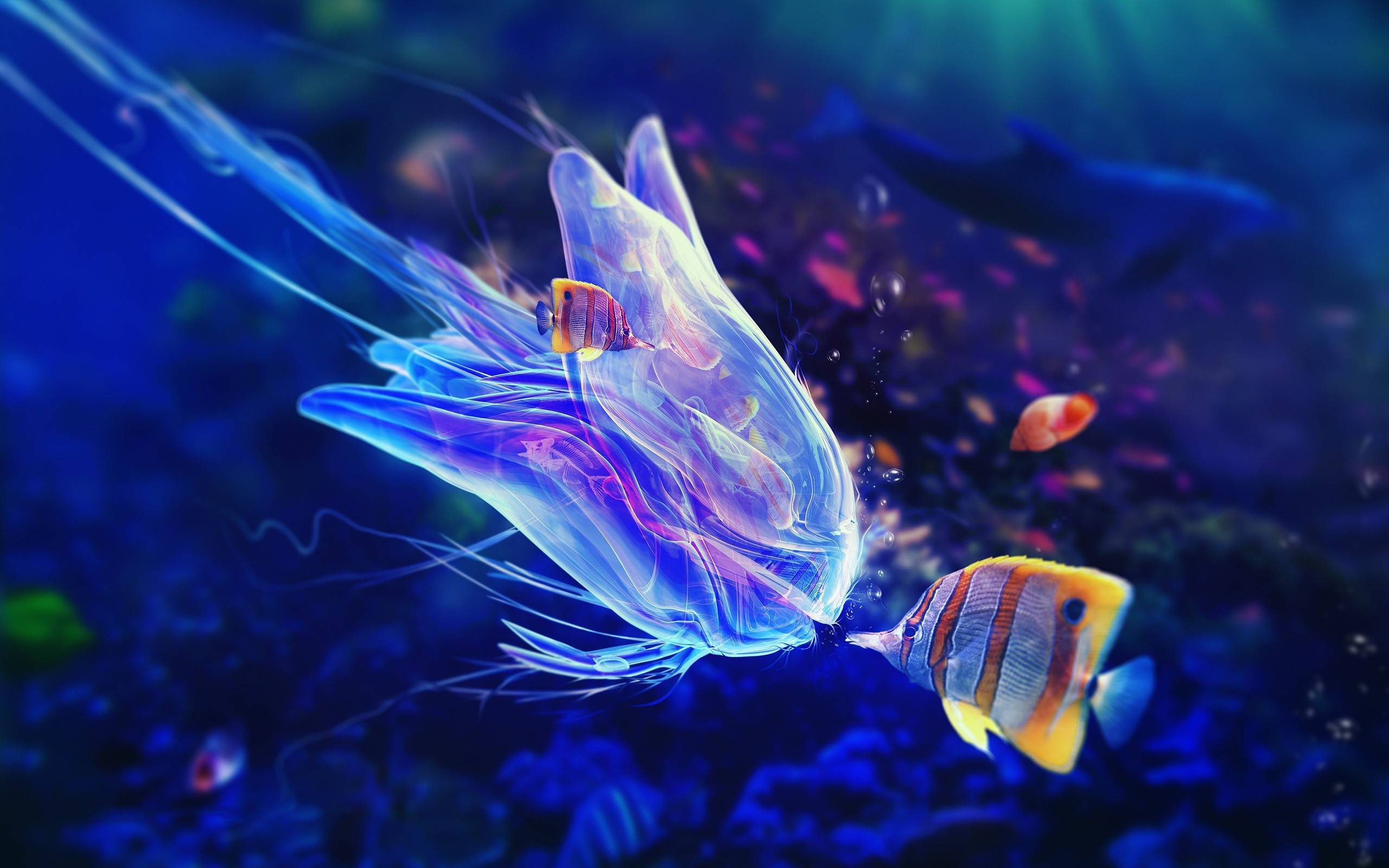Françoise Barré-Sinoussi is an eminent French scientist who made history with her discovery of HIV, the retrovirus that causes AIDS, in collaboration with Luc Montagnier. Attracted from her childhood by natural sciences, she dedicated her career to the study of virology and research on the HIV. Her contribution had a significant impact on the understanding and treatment of this disease, making her one of the most influential women scientists of her time. In 2008, she was awarded the Nobel Prize for his work which transformed the research landscape in biology and in medicine.
|
IN BRIEF
|

Table of Contents
ToggleFrançoise Barré-Sinoussi: Pioneer in HIV research
Françoise Barré-Sinoussi is a renowned French scientist, often praised for her groundbreaking contribution to research into HIV, the virus responsible for AIDS. Born in 1947, from an early age she demonstrated an insatiable curiosity for the living world and natural sciences. This passion pushes her to pursue studies in biology, where she developed cutting-edge skills that would lead her to significant discoveries in the field of virology.
In 1983, at the Pasteur Institute, Françoise Barré-Sinoussi, in collaboration with her colleague Luc Montagnier, manages to identify the retrovirus causing HIV infection. This discovery is of historic significance, because it allows us to better understand the mechanisms of transmission and infection, but also to initiate research for the development of antiretroviral treatments. His publication on the subject constitutes a crucial step in the history of modern medicine and places France at the heart of efforts to fight AIDS.
Françoise Barré-Sinoussi’s contributions are not limited only to the discovery of HIV. Inasmuch as immunologist And virologist, she is also dedicated to research into the progression of the disease and the search for solutions to improve the quality of life of patients. Her commitment extends well beyond the laboratory, as she advocates for better awareness and education about HIV and AIDS. Her passion for research and her dedication to the cause of those affected by this disease make her an important figure in the fight against this global epidemic.
Françoise Barré-Sinoussi has also been recognized for her work with prestigious distinctions. In 2008, she received the Nobel Prize in Medicine, alongside Luc Montagnier, for their discoveries on HIV. This award is not only a personal honor, but a testimony to the fundamental role that women have played in the field of science. Indeed, its recognition among women scientists most influential shows a positive development in a sector where female contributions have long been neglected.
Françoise Barré-Sinoussi’s journey also represents a source of inspiration for future generations of women and men interested in life sciences. His commitment to advancing biological research and dedication to science education illuminates the path to a future where scientific advances can be used for the benefit of humanity. She embodies not only the success of a woman in an environment still largely dominated by men, but above all the importance of research based on curiosity, passion and the desire to serve the community.
In conclusion, Françoise Barré-Sinoussi is a symbol of scientific excellence. His work has had a profound impact on the understanding of HIV/AIDS and continues to inspire research aimed at eradicating this scourge. His legacy is indelible in the laboratory of modern science and his story reminds everyone that the quest for knowledge can have immeasurable impacts on human life.
Françoise Barré-Sinoussi: pioneer of marine biology and its impact on research
The contribution of Françoise Barré-Sinoussi looking for marine biology is invaluable. As a world-renowned scientist, she not only discovered the HIV, but also influenced generations of researchers through his vision and commitment. This article explores her journey, her accomplishments, and the impact she has had on the field of marine biology.
An exceptional scientific journey
Since his childhood, Françoise Barré-Sinoussi was attracted by the natural sciences and the living field. This passion led her to study in biology, where she stood out for her intellect and determination. His discovery with Luc Montagnier of HIV shook the scientific world and opened new avenues of research in virology and marine biology, highlighting the link between these disciplines.
Contributions to research in marine biology
The impact of Françoise Barré-Sinoussi goes beyond virology. His research has expanded our understanding of marine ecosystems and their health. She participated in studies on the interrelationships between viruses and marine organisms, emphasizing the importance of retrovirus in the balance of ecosystems. His work also contributed to the preservation of oceans, a major issue in the face of current environmental challenges.
A model for future generations
The journey of Françoise Barré-Sinoussi inspires many young women to get involved in science. By highlighting her unwavering commitment, she demonstrates that challenges can be overcome through passion and perseverance. Educational initiatives and mentoring programs have been established to encourage women to pursue careers in science, thereby promoting increased representation in fields such as marine biology.
A legacy that endures
The discoveries and commitment of Françoise Barré-Sinoussi helped establish a solid foundation for current research. His work continues to influence researchers, while guiding public health policies and marine resource conservation efforts. By celebrating her legacy, we recognize not only her scientific contributions, but also her role as a pioneer who paved the way for other women in science.
Françoise Barré-Sinoussi: pioneer of marine biology and its impact on research
Françoise Barré-Sinoussi is an emblematic personality in the world of scientific research, best known for her major discovery of HIV in collaboration with Luc Montagnier. Although his primary field is virology, his work has far-reaching implications for marine biology and science in general. His impressive career demonstrates the importance of scientists’ engagement in fundamental research. In this article, we will explore the impact of his work on marine biology and the resulting lessons for scientific research as a whole.
A career guided by a passion for science
From an early age, Françoise Barré-Sinoussi showed a marked interest in living things, which guided her towards studying biology. Her natural curiosity inspired her to explore the mysteries of life, and she quickly emerged as a leading scientist. This path led her to specialize in HIV, a crucial subject at the time and whose research had a strong impact beyond the boundaries of her field. The methods she developed to detect the retrovirus that causes human immunodeficiency also have resonance in various fields, including marine biology.
A historical impact on scientific research
Françoise Barré-Sinoussi’s work has had major implications not only for medicine, but also for scientific research as a whole. By becoming the first author of the publication identifying HIV, she changed the course of AIDS research. Increased awareness of this disease has enabled significant advances in virus studies, which has paved the way for parallel research in other sectors such as marine biology. For example, the understanding of marine viruses and their interactions with ocean ecosystems has greatly developed thanks to methodologies inspired by his work.
The lessons of his commitment for future generations
As an exceptional woman scientist, Françoise Barré-Sinoussi embodies a model to follow for future generations of researchers. His journey reminds us of the importance of perseverance and passion for science. She made her voice heard in a field often dominated by men, and her commitment to HIV research was not only a milestone, but also a call to action for many scientists around the world. His experience shows that diversity in research leads to richer, more nuanced discoveries and advances.
Conclusion: The timeless legacy of Françoise Barré-Sinoussi
Today, Françoise Barré-Sinoussi’s legacy continues to influence research in marine biology, helping to strengthen knowledge of the impact of viruses on marine ecosystems. His work highlights the importance of interconnection between different scientific disciplines and highlights the immense potential that collaborative research can offer. Whether through discoveries in virology or innovations in marine biology, the impact of his contributions transcends time and resonates in the hearts of the scientific community.









